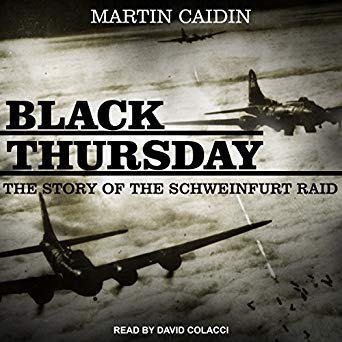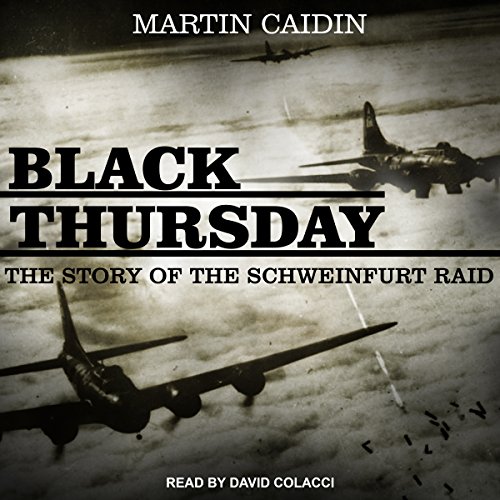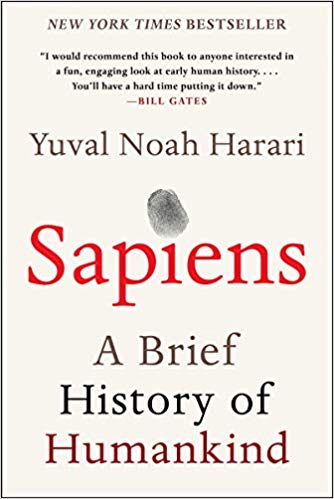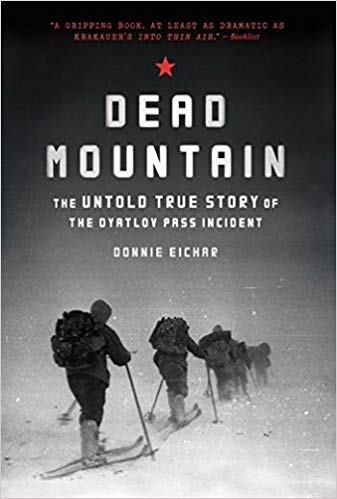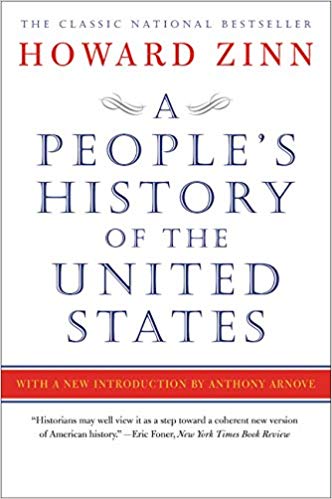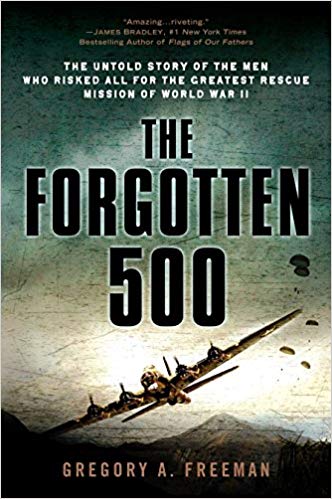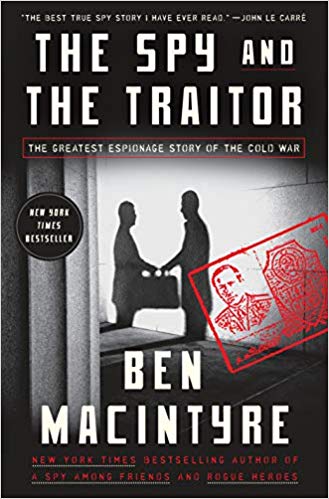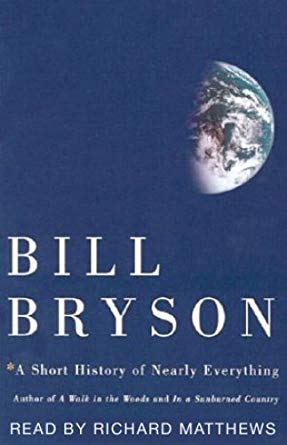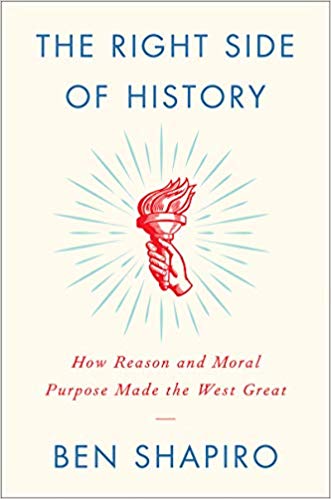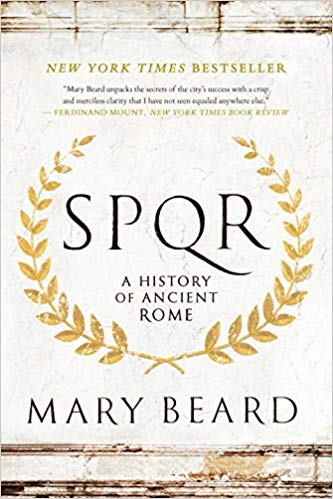Martin Caidin Black Thursday: The Story of the Schweinfurt Raid
Last updated: June 18, 2019
We looked at the top History Books and dug through the reviews from some of the most popular review sites. Through this analysis, we've determined the best History Book you should buy.
Expert Reviews
What reviewers liked
The raid itself is described in hot, flashing sentences to match the thrill and terror of combat. And the tragic outcome, in which 50 planes and 600 crewmen failed to return, is documented in the same careful kind of research which makes the whole book so successful. Excellent!
Caidin weaves together first-hand accounts from still surviving participants with much research. He provides deep insight into the day-to-day fears of those who fought in the air along with context regarding the events that led to putting so many lives in danger both in the air and on the ground. Caidin calls out mistakes when they happened but does his best to make sure we understand what it was like to be in the thick of it when it’s too late to turn back.
- DDMCD
What reviewers didn't like
My only real complaint about this book is that the Kindle edition contains an outrageous number of typographical errors.
- DDMCD
View our History Book buying guide for in-depth advice and recommendations.
